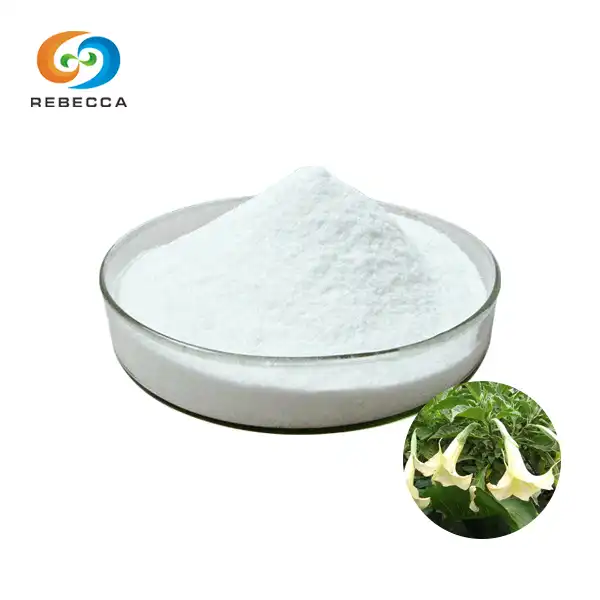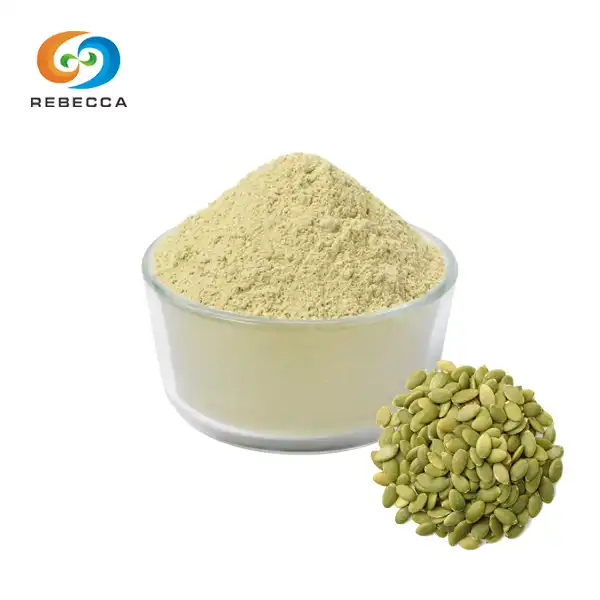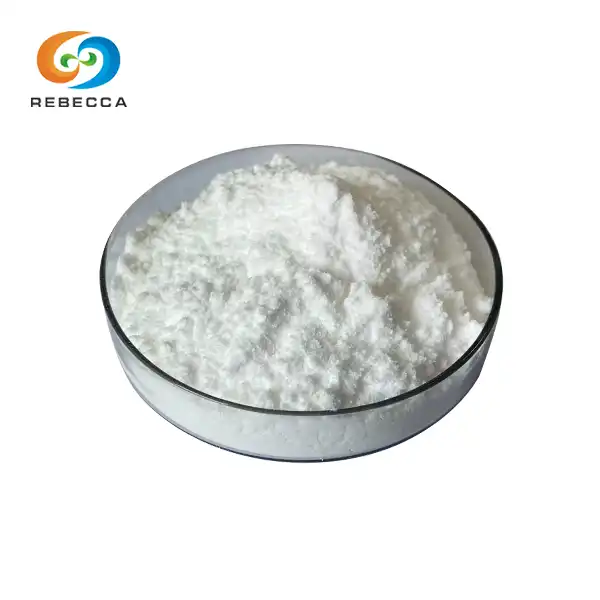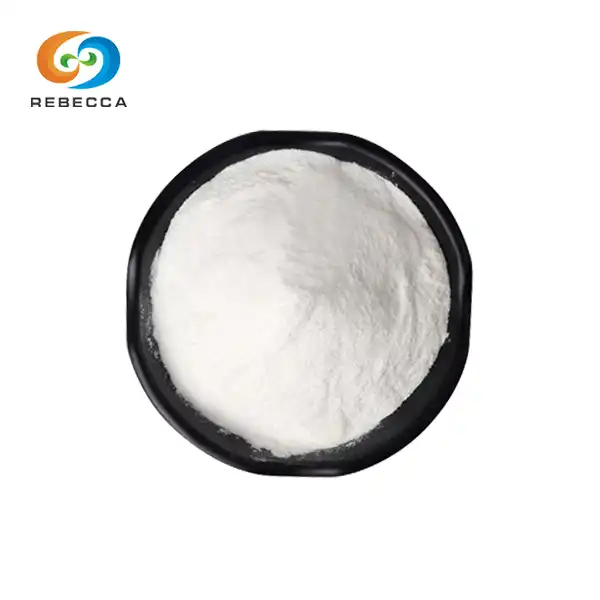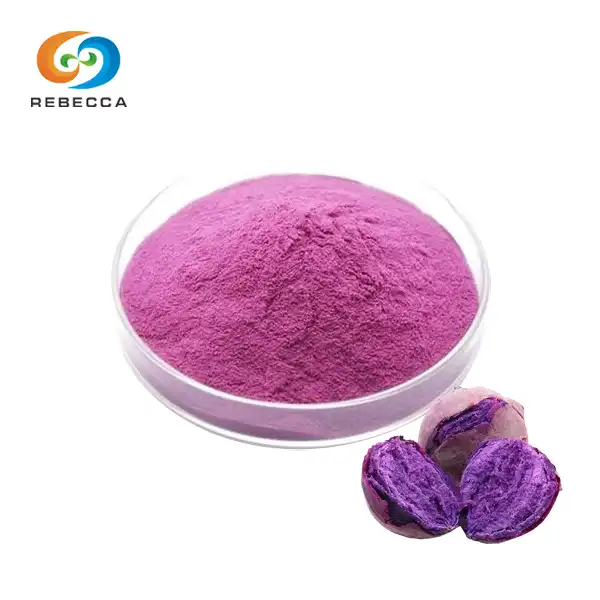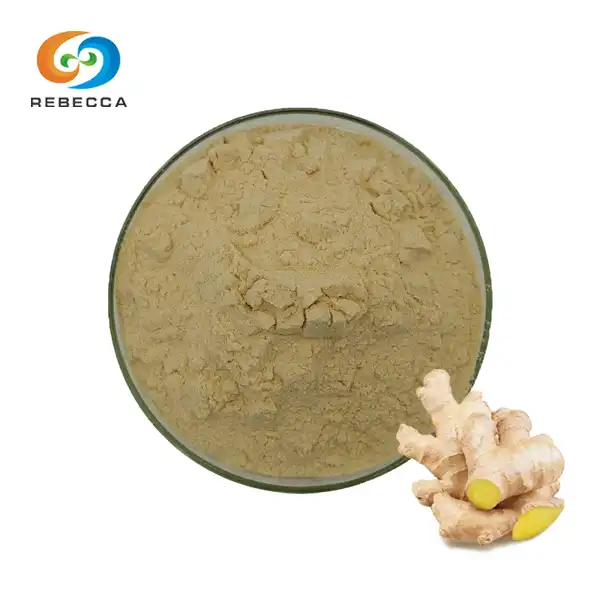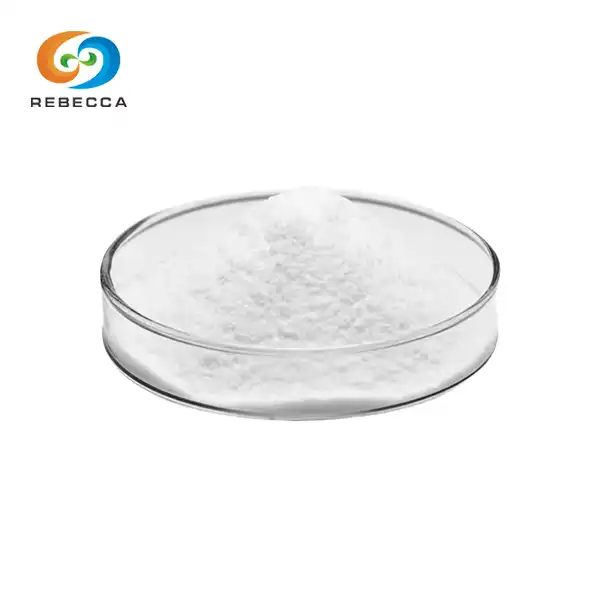What is tomato extract?
Tomato extract is a concentrated form of the beneficial compounds found in tomatoes. It's derived from ripe tomatoes and is known for its high content of antioxidants, particularly lycopene. This powerful extract has gained popularity in recent years due to its potential health benefits and versatile applications in various industries.
Tomatoes have been a staple in diets worldwide for centuries, valued for their vibrant color, delicious taste, and nutritional properties. However, the concentrated form of tomato lycopene extract takes these benefits to a new level, providing a more potent source of the beneficial compounds found in this fruit.

What Does Tomato Extract Contain?
Tomato extract is a complex mixture of various compounds, with lycopene being the most prominent and well-studied. Lycopene is a carotenoid pigment responsible for the red color of tomatoes and is known for its potent antioxidant properties. However, lycopene extract contains much more than just lycopene:
- Lycopene: The primary carotenoid in tomatoes, lycopene is a powerful antioxidant that has been linked to numerous health benefits, including reduced risk of certain cancers and cardiovascular diseases.
- Other Carotenoids: While lycopene is the most abundant, it also contains other carotenoids like beta-carotene, phytoene, and phytofluene.
- Vitamins: It is rich in vitamins, particularly vitamin C, vitamin E, and various B vitamins.
- Minerals: It contains essential minerals such as potassium, manganese, and iron.
- Flavonoids: These plant compounds contribute to the antioxidant properties of tomato extract.
- Phenolic Compounds: Various phenolic acids are present, adding to the extract's overall antioxidant profile.
The combination of these compounds creates a synergistic effect, potentially enhancing the overall health benefits of tomato extract compared to isolated compounds.

How Is Tomato Extract Made?
The production of tomato lycopene extract involves several steps to concentrate and preserve the beneficial compounds found in tomatoes:
- Selection: The process begins with selecting ripe, high-quality tomatoes. The ripeness of the tomatoes is crucial as it affects the concentration of lycopene and other beneficial compounds.
- Washing and Preparation: The tomatoes are thoroughly washed to remove any dirt or contaminants. They may then be chopped or crushed to increase surface area for extraction.
- Extraction: There are several methods for extracting the beneficial compounds from tomatoes:
- Solvent Extraction: This method uses organic solvents like hexane or ethyl acetate to extract the lipid-soluble compounds, including lycopene.
- Supercritical Fluid Extraction: This advanced technique uses carbon dioxide under high pressure to extract the compounds, resulting in a pure extract without solvent residues.
- Enzymatic Extraction: Enzymes are used to break down the cell walls of the tomatoes, releasing the beneficial compounds.
- Concentration: The extracted liquid is then concentrated through evaporation or other methods to remove excess water and increase the concentration of beneficial compounds.
- Standardization: The extract is typically standardized to ensure a consistent concentration of key compounds, particularly lycopene.
- Drying: In some cases, the extract may be dried to produce a powder form, which has a longer shelf life and is easier to incorporate into various products.
The specific method used can vary depending on the intended use of the extract and the desired concentration of compounds. Some processes may also involve additional steps to enhance the bioavailability of the active compounds.

What Are the Common Uses of Tomato Extract?
Tomato extract, with its rich composition of beneficial compounds, finds applications in various industries:
- Dietary Supplements: Tomato extract is commonly used in dietary supplements, often marketed for its antioxidant properties and potential cardiovascular benefits. These supplements may come in the form of capsules, tablets, or liquid extracts.
- Food Industry: The food industry uses lycopene extract as a natural coloring agent and flavor enhancer. It's incorporated into various products such as sauces, soups, and processed meats to improve color and nutritional value.
- Cosmetics and Skincare: Its antioxidant properties, particularly lycopene, make it a popular ingredient in skincare products. It's used in anti-aging creams, sunscreens, and other cosmetic formulations for its potential to protect against UV damage and improve skin health.
- Nutraceuticals: It is used in functional foods and beverages, where it's added to enhance the nutritional profile of the product.
- Pharmaceutical Industry: While more research is needed, tomato extract is being studied for its potential therapeutic applications, particularly in the areas of cardiovascular health and cancer prevention.

The versatility of lycopene extract stems from its rich nutritional profile and potent antioxidant properties. Its ability to be incorporated into various products in different forms (liquid, powder, oil) further expands its potential applications.
Research into the benefits of tomato extract is ongoing, with studies exploring its potential role in various aspects of health:
- Cardiovascular Health: Some studies suggest that the lycopene in tomato extract may help reduce the risk of heart disease by lowering LDL cholesterol and blood pressure.
- Cancer Prevention: While more research is needed, some studies indicate that the antioxidants in tomato lycopene extract, particularly lycopene, may have a protective effect against certain types of cancer, including prostate cancer.
- Skin Health: The antioxidants in tomato extract may help protect the skin from UV damage and signs of aging.
- Eye Health: Some research suggests that lycopene may help prevent age-related macular degeneration.
It's important to note that while these potential benefits are promising, more research is needed to fully understand the effects of tomato extract on human health. As with any supplement or new product, it's always advisable to consult with a healthcare professional before incorporating tomato extract into your routine [4].

Where To Buy Tomato Extract?
Our company, Rebecca, has achieved the world's first large-scale biological production of tomato extract. Our factory directly supplies top-quality and high-purity tomato lycopene extract. You can contact us at information@sxrebecca.com.
References:
[1] Friedman, M. (2013). Anticarcinogenic, cardioprotective, and other health benefits of tomato compounds lycopene, α-tomatine, and tomatidine in pure form and in fresh and processed tomatoes. Journal of Agricultural and Food Chemistry, 61(40), 9534-9550.
[2] Naviglio, D., Caruso, T., Iannece, P., Aragòn, A., & Santini, A. (2008). Characterization of high purity lycopene from tomato wastes using a new pressurized extraction approach. Journal of Agricultural and Food Chemistry, 56(15), 6227-6231.
[3] Story, E. N., Kopec, R. E., Schwartz, S. J., & Harris, G. K. (2010). An update on the health effects of tomato lycopene. Annual Review of Food Science and Technology, 1, 189-210.
[4] Mozos, I., Stoian, D., Caraba, A., Malainer, C., Horbańczuk, J. O., & Atanasov, A. G. (2018). Lycopene and vascular health. Frontiers in Pharmacology, 9, 521.
